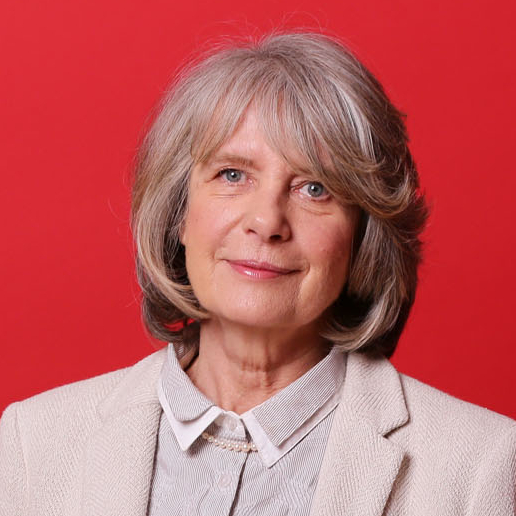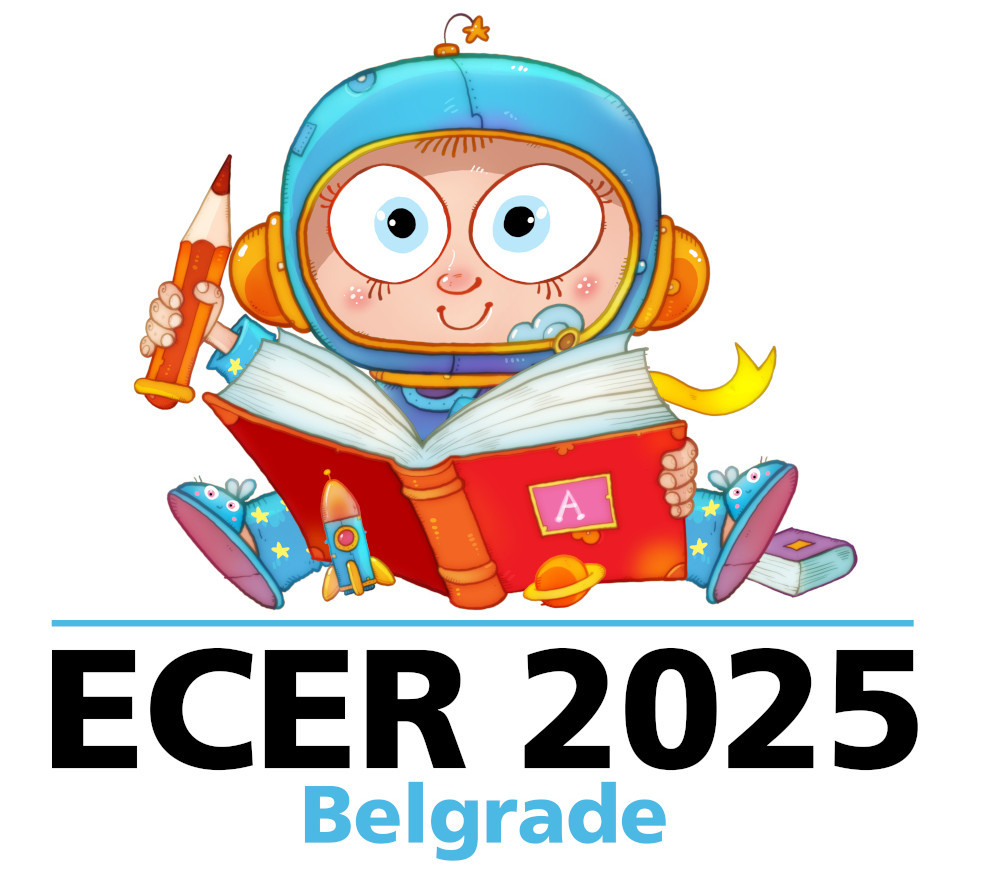Thursday, 11 September, 11:00 - 12:00
Location: Hall of Heroes | Faculty of Philology | Gr. Fl

Prof. dr. Tünde Kovács Cerović worked through innovations, research and partnerships for the benefit of children throughout her career in a wide range of different capacities. As a scholar and researcher in Educational Psychology and Educational Policy at Belgrade University, as a representative of international donor organizations (Open Society Fund and Roma Education Fund), and former Assistant Minister and State Secretary of the Ministry of Education and Science of Serbia, she pursued ambitious and collaborative research and policy agendas that were directed towards child protection and social integration of vulnerable groups. She had study sojours at Harvard University, Bielefeld and Chemnitz University, in Washington, DC, in Budapest, and lasting cooperation with colleagues from USA, Europe, the Western Balkans, but also in countries of Central Asia.
Ms Kovacs Cerovic has a rich consultancy career – she worked for a wide range of international organizations, both public and private, developed studies and policy analysis, advised government representatives, worked with a variety of stakeholders and professional groups from almost 20 countries in South East Europe, the Caucasus, Central Asia and Central Europe, including Ukraine, Georgia, Moldova, Armenia, and also in Austria.
How is development created in international education development contexts?
International assistance for education development is an often used venue in developing countries. Guided by international benchmarking of education outcomes, supported by change theories, lessons learned from other countries and occasionally also by empirical impact assessments, international assistance is well situated to serve as policy mediator and bring about change. International assistance is also frequently criticized as disseminating decontextualized and unsustainable innovations and promoting global solutions not fit to local contexts and is recently under political scrutiny as well.
This keynote will focus on the human side of the global endeavor of education development assistance, an under-researched area in education development and will try to deconstruct the role of policy mediators from a social cultural perspective.
The first part of the presentation will showcase the example of global assistance for inclusive education and provide a critical analysis of the possible gaps found or created in this process. The presentation will draw on a study of IECEC in 25 countries of the Eastern and Southeast Europe and Central Asian region, compare the education areas where assistance was most frequent wih education areas where assistance is most needed and search for missing links to understand the identified patterns.
In the second part, the presentation will utilize multi-stakeholder narratives of professionals as policy mediators in the education development assistance landscape: senior and junior consultants, coordinators of consultancy firms and implementing agencies, representatives of donor organizations, representatives of ministries of education, and representatives of target groups’ organizations. The unique insights of these stakeholders will be analyzed to delineate possibilities and hindrances in facilitating education change and to draw recommendations on enhancing development in the international education development context.

Important Dates ECER 2025
01.12.2024 | Submission starts |
31.01.2025 | Submission ends |
01.04.2025 | Registration starts |
01.04.2025 | Review results announced |
15.05.2025 | Early bird ends |
25.06.2025 | Presentation times announced |
30.06.2025 | Registration Deadline for Presenters |
08.09.2025 | ERC First Day |
09.09.2025 | ECER First Day |
Conference Venue
Main Building (Check-in etc):
University of Belgrade
Faculty of Philology
Studentski trg 3
Belgrade

Ed Research in Serbia
While preapring for ECER 2025, read the Blog Post introducing some specifics of educational research in Serbia.
Towards reconnecting within and beyond the educational research community in Serbia